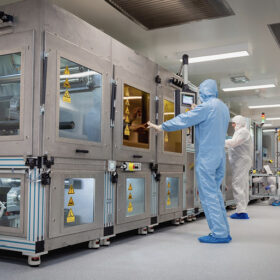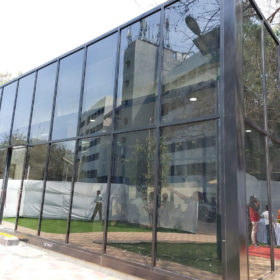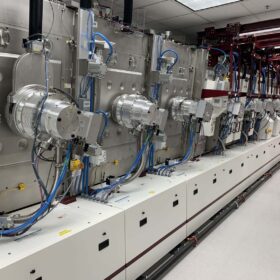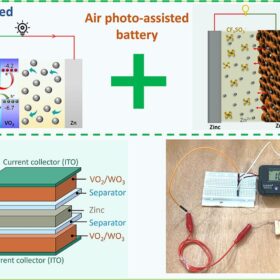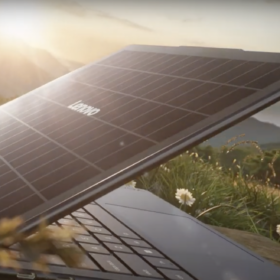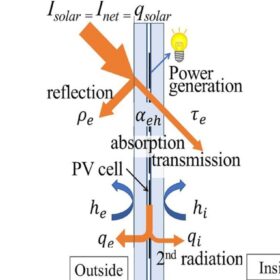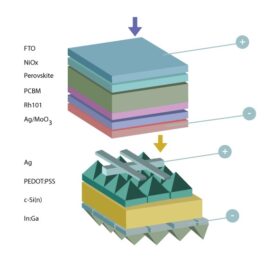Push on to accelerate next generation PV materials
There is no consensus on the future of PV technology but there is general agreement that existing silicon solar cells do not represent the pinnacle of solar energy generation. This has resulted in the exploration of alternative materials and device architectures, with tandem solar cells emerging as the front runner for the next generation of solar cells to be deployed at scale.
Mauritius hosts SolarX Accelerator Programme in collaboration with International Solar Alliance and Business Mauritius
The two-day SolarX Accelerator Programme in Mauritius brought together 35 startups from across Asia and APAC region to accelerate the development and deployment of innovative solar solutions.
“Indian solar manufacturers cannot merely catch up—we must lead”
Suhas Donthi, CEO of Emmvee, speaks with pv magazine about India’s evolving role in the global solar supply chain, the risks of oversupply, and what it will take for Indian manufacturers to lead on the world stage.
Honeywell unveils AI-assisted suite to optimize green hydrogen plants
Honeywell Protonium uses machine learning to optimize the design and operation of green hydrogen projects. Aternium, a US-based large-scale clean hydrogen producer, will deploy the technology at its planned Mid-Atlantic Clean Hydrogen Hub.
AI-driven carbon management: The future of global corporate sustainability
The future of global sustainability hinges on clarity—where every tonne of carbon saved is measured, understood, and built upon. For corporations ready to lead, artificial intelligence (AI) isn’t a distant horizon; it’s the lens through which progress comes into focus.
Thin-film solar patents, manufacturing equipment listed for sale
A cancelled factory led to the sale. The solar cells produced by the equipment are “game-changing tech at liquidation values,” said the seller.
Indian researchers develop photo-assisted, self-chargeable energy storage device utilizing VO2/WO3 cathode
The researchers say the photo-assisted, self-chargeable aqueous Zn-ion energy storage device demonstrated a remarkable 170% increase in charge storage capacity at a constant current density of 0.02 mA/cm2 under consistent light exposure. Self-charging took 140 s to reach the potential of 0.9 V.
Lenovo unveils solar laptop with integrated PV panel
This is a proof-of-concept 1.22 kg laptop with a solar panel integrated into the lid, capable of absorbing enough sunlight in 20 minutes to power the device’s video for an hour.
Enhancing PV glazing prospects in solar architecture
To make it easier to adopt building integrated PV (BIPV) as a glazing material, a group within the IEA Photovoltaic Power Systems Programme (IEA-PVPS) has tackled the solar heat gain coefficient (SHGC) calculation for BIPV. It is part of IEA PVPS Task 15 international standardization efforts.
Indian scientists build 4T perovskite-silicon tandem cell based on hybrid heterojunction PV device
A research group in India has embedded a hybrid heterojunction solar cell as a bottom device in a four-terminal perovskite-silicon solar cell using a solution processing technique. The novel cell architecture, according to its creators, could be produced at significantly lower costs compared to conventional perovskite-silicon tandem designs.
